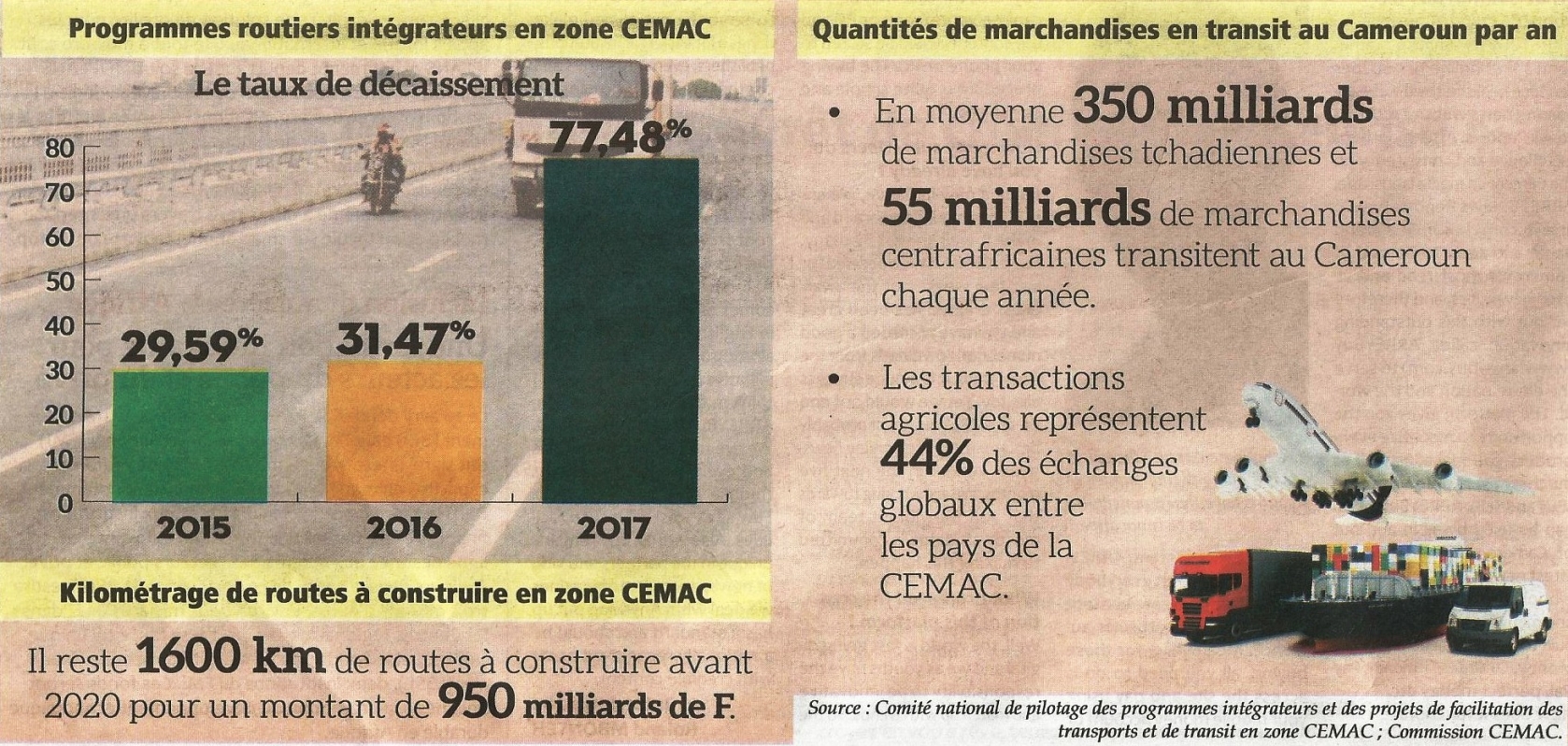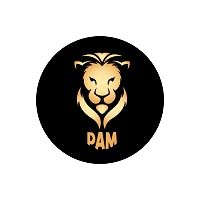
Transit : Time for good business deals
Cameroon to play a central role with the signing of the latest agreements on the free movement of people and goods in the CEMAC zone.
Five years ago, CEMAC commission experts estimated that trade between and among the six countries of the Economic and Monetary Community of Central Africa (CEMAC) stood at around 1%. This is a very small volume for intra-Community trade due to the defensive identity politics of some member countries. With the conclusion of the latest agreements on free movement of people and goods, the community instinct seems to have taken over. Transit and cross-border trade will boost Cameroon's economy. In terms of transit, Cameroon, which shares land borders with all the other countries of the sub-region, is naturally the hub of transit activities.
Its transit hub status is further boosted by the fact that it has a long coastline and two main sea ports namely, Douala and Kribi. In order to make this strategic position profitable, a 766-km trans-national road project linking the CEMAC and ECOWAS countries from Cameroon is underway. The 215-km long Sangmélima-Ouesso road linking Cameroon and Congo is highly awaited. The bridge over the Logone River in Cameroon, which will connect the city of Yagoua, in the Far North Region of Cameroon, to the Chadian city of Bongor, is part of this programme. In the same vein, Cameroon intends to increase the number of sub-regional corridors by tarring the Maltam-Fotokol road and the Bodo-Makary-Hilealifa-Karena-Katekime corridor that will connect the Federal Republic of Nigeria to the Republic of Chad through the Republic of Cameroon. The 143-km stretch of road will increase the existing tarred road network, which connects Cameroon to the Central African Republic through Garoua Boulaï in the East region, or Gabon and Equatorial Guinea through Kye-Ossi in the South Region. To this must be added the trans-national railway network, which will soon be extended to neighbouring Chad, thanks to a project currently under way.
The completion of all investments would be a determining factor in transit trade in the sub-region. The 350 billion FCFA worth of Chadian goods transiting through Cameroon - figures dating back a little over two years - could significantly increase. This also holds true for the 55 billion FCFA worth of Central African goods. Transactions relating to agricultural products, which account for 44% of trade between countries in the sub-region, according to the CEMAC Commission, would be better.
(Source / Cameroon Business Today No. 053 April-May 2018)
